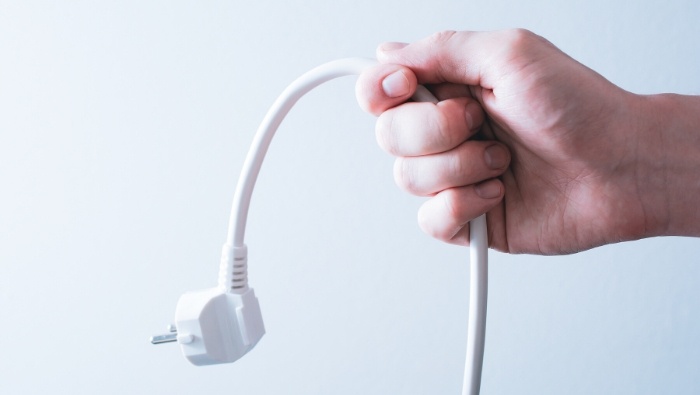7 Energy-Saving Practices That Don’t Save Energy

You’re taking steps to save both energy and money. Could you be fooling yourself that you’re saving either with your efforts? We explore common energy-saving practices that likely aren’t saving you anything at all.
People believe they are saving money by following certain “energy-saving” practices. However, not all that we do actually helps us save money. Therefore, we should stop following these seven so-called energy-saving practices.
Practice #1: Not adjusting the thermostat at night when you are sleeping or when you are away from home
Research shows that adjusting the thermostat during the time you are sleeping or when you are away from home can reduce your utilities from 5 to 15%. That is because the amount of energy that is used is based on the outdoor temperature. Therefore, if you set the temperature up in the summer and down in the winter by about 10 degrees, you can save. As a result, making this adjustment during the time you are sleeping or before leaving for work can make a difference in your energy consumption.
Practice #2: Leaving on computers, lights or appliances all the time
Computers and lighting two decades ago were bigger energy hogs and more prone to damage from energy surges. Therefore, it was better, at that time, to leave them on. However, the rule has changed for today’s lights, computers, and appliances. Any time that you are not using the lights or equipment in your home, it is better to turn them off.
Practice #3: Boiling hot water from the tap rather than cold water
It does not matter whether water is cold or hot, it takes about the same amount of energy to boil. That is because hot water from the tap uses energy from the hot water heater before it consumes the electricity from the stove.
Sign Up for Savings
Subscribe to get money-saving content by email that can help you stretch your dollars further.
Twice each week, you'll receive articles and tips that can help you free up and keep more of your hard-earned money, even on the tightest of budgets.
We respect your privacy. Unsubscribe at any time.
Practice #4: Using duct tape to seal ducts
In spite of the name, duct tape is not designed to seal ducts. If you need to use a tape, choose mastic tape to seal and insulate ductwork. Duct tape will not work in dusty or dirty environments.
Practice #5: Buying a new energy-efficient air conditioner and/or appliances to increase your home’s resale value
Only a small correlation may exist between a home’s purchase price and a higher-efficiency heating or cooling system. For example, smaller high-efficiency HVAC systems can generate as much energy as larger inefficient systems. However, one study by the National Association of Home Builders did show that 51% of home buyers will pay about $10,000 more for a home if the energy upgrades save them around $1,000 per year.
Practice #6: Ignoring small water leaks
All those single drops of water from a dripping faucet can substantially raise a water bill. In fact, the drips usually translate into 300+ extra gallons of water used each month, contributing to more work required by your hot water heater. You are literally throwing money down the drain if you don’t fix a drip or leak.
Practice #7: Taking baths rather than showers
A shower, when using a low-flow shower head, uses approximately 25 gallons of water for 10 minutes. Baths usually hold about 40 gallons of water. Therefore, a shower uses less energy since less hot water is used.
Reviewed March 2024
Popular Articles
On After50Finances.com
- 9 Things You Need to Do Before You Retire
- You Didn’t Save Enough for Retirement and You’re 55+
- When Empty Nesters Reorganize and Declutter Their Home
- Reinventing Your Career in Your 50s or 60s
- What Mature Homeowners Should Know about Reverse Mortgages
- 2 Reasons to Collect Social Security Benefits As Soon As Possible

